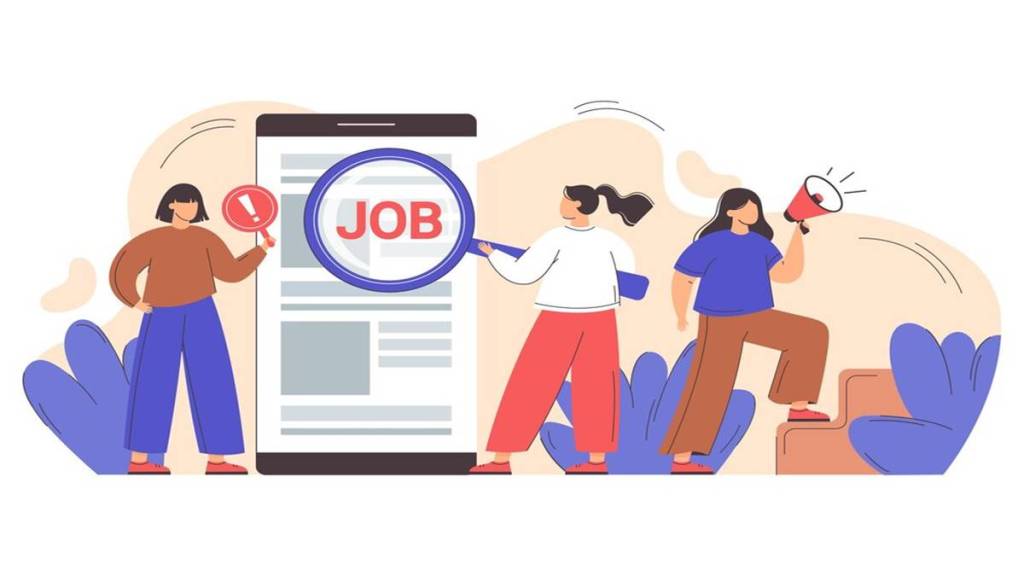Despite efforts by Indian corporations and regulatory bodies to enhance gender diversity, women continue to hold only 19 per cent of C-suite roles in India, significantly below the global average of 30 per cent. This stark disparity underscores the urgent need for targeted talent search initiatives and systemic changes that go beyond traditional hiring and promotion processes, according to a Times of India report.
Challenge of work-life integration
A key barrier preventing women from accessing and excelling in leadership positions is work-life integration. According to research conducted by Avtar, a workplace culture consulting firm, 60 per cent of respondents cited work-life balance as a major challenge. This highlights the necessity for organisations to introduce policies that support flexible work arrangements and promote a culture of inclusivity that accommodates the unique challenges faced by women professionals.
Saundarya Rajesh, founder-president of Avtar Group, emphasised the need for targeted diversity-driven executive searches. These searches offer customised and comprehensive strategies to ensure an equitable recruitment and advancement process. Given the systemic barriers that disproportionately affect women in India, such initiatives can play a crucial role in bridging the gender gap in leadership.
Rising Attrition Rates in Senior Leadership
The retention of women in senior leadership positions remains a significant concern. Attrition rates have fluctuated in recent years, with an increase from 4 per cent in 2019 to 10 per cent in 2020 due to the pandemic’s impact on women’s careers. Although the rate saw a slight recovery, it remained high at 10 per cent in 2022 and only marginally improved to 8 per cent in 2024. These figures highlight the persistent challenges in retaining women leaders and the need for sustained efforts to address the root causes of attrition.
Gender Bias in Hiring and Promotion
Gender bias continues to be a major hurdle in the advancement of women in leadership. The study reveals that 44 per cent of respondents identified gender bias in hiring and promotion as a significant barrier. Leveraging data and artificial intelligence (AI) could play a pivotal role in mitigating bias and ensuring fair opportunities for women.
Improving organizational culture is essential for fostering women’s advancement in leadership roles. A majority of respondents believe that creating an inclusive and supportive workplace culture is crucial for women to thrive. Companies must invest in leadership development programs tailored to women, mentorship opportunities, and initiatives that challenge traditional biases.
Talent Shortage
Another significant challenge contributing to the gender gap in leadership is the shortage of qualified women candidates. About 41 per cent of respondents cited the unavailability of women talent as a key factor. This issue is closely linked to organisational culture, gender bias, and work-life integration, emphasising the need for comprehensive strategies to develop a robust pipeline of female leaders.
While incremental progress has been made in improving gender diversity in India’s corporate leadership, much work remains to be done. Organisations must adopt a multi-faceted approach that includes targeted executive searches, policy changes supporting work-life balance, bias mitigation through AI, and a commitment to fostering an inclusive workplace culture. Only through such concerted efforts can India move closer to bridging the gender gap in the C-suite and achieving parity with global standards.


